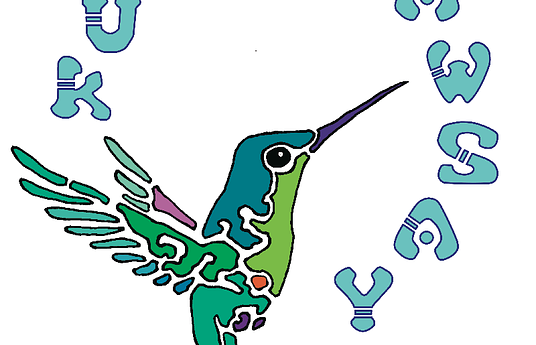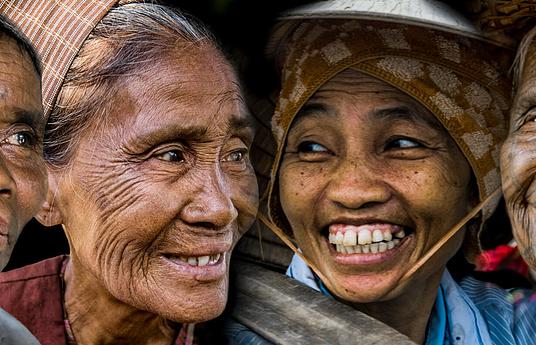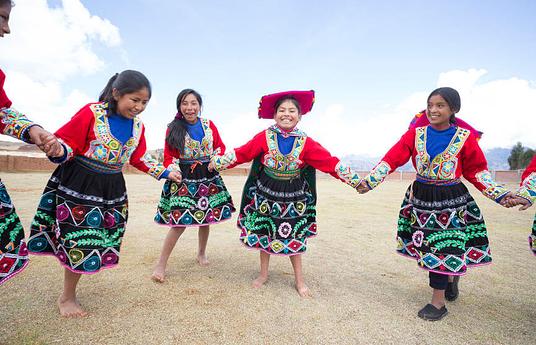International World Indigenous Day is a time to recognise and celebrate the rich diversity, culture, and contributions of the Indigenous peoples around the world. Historically, the Indigenous across the world have suffered the most in unequal education systems - systems that have lacked adequate funding, do not cover indigenous native languages and knowledge, and provide insufficient support and guidance.
In recent years however there has been a great shift in awareness on the issue, both Ontario and Alberta in Canada have made significant investments and improvements to their education systems to include indigenous learning. For example, 72% of schools in Ontario provided Indigenous studies classes in 2022-23, compared to 40% in 2013-2014. In the United Sates, on August 4th, 2023 Governor JB Pritzker from Illinois passed three bills that increased protection for the native and indigenous populations, two of which directly impacted education: SB1446 prohibits schools from banning students from wearing cultural regalia as graduation attire and HB1633 mandates instruction on Native American history in Illinois public schools. In Australia, on August 1st, 2023, The Commonwealth Scientific and Industrial Research Organisation (CSIRO) , Australia's national science agency, joined forces with Chevron Australia (an energy company) to unveil their collaborative initiative, 'Living STEM'. This innovative programme has been designed with the purpose of linking students to Indigenous scientific knowledge within the classroom setting. Living STEM aims to empower primary and secondary schools by integrating Aboriginal and Torres Strait Islander scientific knowledge into their communities and classrooms through interactive projects. The programme's focus is to enhance student engagement and achievements in science, technology, engineering, and mathematics (STEM) through hands-on learning experiences.
In order to commemorate today we wanted to highlight some innovations that are working towards better indigenous education and inclusion:
Patac Mexico
PATAC Mexico works as the link between artisans and individuals across the globe who want to support indigenous ethnic groups that are at the risk of extinction. Currently there are estimated to be 68 indigenous communities in Mexico which is made up of 25 million artisans. Working not only with tourism, workshops, sales, and education, PATAC is a model that works to preserve the biocultural heritage of Mexico.
Kusi Kawsay: Andean Pedagogy
Kusi Kawsay is a school in Peru utilising alternative education that fuses elements of the Waldorf pedagogy, traditional Andean values and ecological sustainability to fully develop lifelong learners and citizens of the world. Kusi Kawsay teaches all of the academic subjects, while following the Andean agrarian calendar which honours and celebrates the local natural cosmic cycles. They provide a solid education that ensures a dignified sense of self-esteem and tools to increase economic and emotional levels of well-being. This will help children, and by extension their families and nation, to leave the marginalised state in which they live and empower them to protect their right to participate in modern society with all the richness of their culture.
Mother Jungle
Located in Indonesia, they work to empower Indigenous communities in preserving the traditional indigenous knowledge through storytelling as an effort to raise environmental awareness and encourage participation in cultural and natural conservation. They organise programmes such as ‘Food Forest Design,’ an 18-week course specifically developed to support educators to create an educational programme that integrates environmental stewardship through learnings about the local food and forest systems.
As we commemorate International World Indigenous Day, we want to honour and celebrate the enduring strength, knowledge, and cultural heritage of Indigenous populations across the globe. We also want to recognise the changes being made around the world through the advancement of Indigenous-directed learning, the cultivation of cooperative alliances, and the resolution of existing disparities to help alleviate the inequalities that many face. It is our collective duty to recognise education as a beacon for positive transformation and the upliftment of Indigenous communities worldwide.
If you are also working on an educational programme addressing Indigenous education and preserving cultural knowledge, we’d love to hear about it! Share your innovation for the Global Collection 2025.



